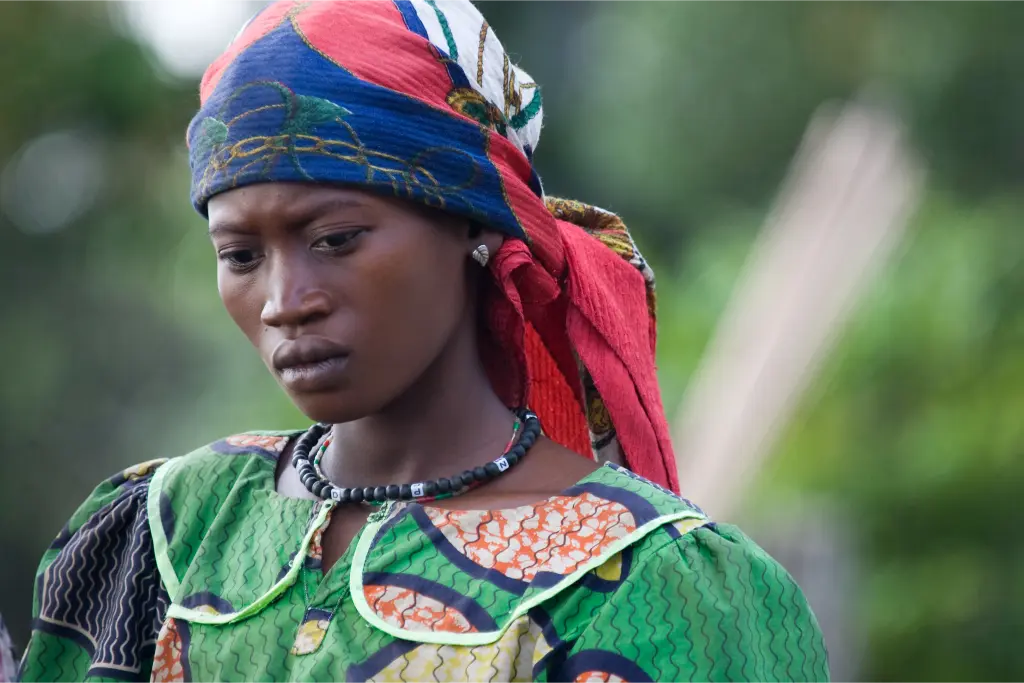The Democratic Republic of Congo (DRC) has been plagued by decades of conflict in its eastern provinces, with the recent capture of Goma and Bukavu by the Rwanda-backed M23 rebel group in January 2025 reigniting global concern. The fall of these strategic cities, coupled with the surrender of approximately 2,400 Congolese soldiers, underscores the urgency of finding a sustainable resolution to a crisis rooted in many complex factors. As mediators like Qatar, the United States, and regional African bodies step into the fray, there is a critical opportunity to break from the failures of past peace efforts and build a framework that prioritizes inclusion, accountability, and structural reform.
The Roots of the Crisis
The conflict in eastern DRC is driven by a confluence of factors: vast mineral wealth, weak governance, ethnic tensions, and regional rivalries. The region’s deposits of rare earth minerals have long attracted competing interests, from local militias to international actors, fueling instability. The Congolese government’s limited control over its eastern territories has allowed armed groups to proliferate, with the M23’s resurgence since 2021 exacerbating an already volatile situation. Ethnic divisions, particularly between Congolese Tutsi communities and others, have been inflamed since the 1994 Rwandan genocide, which saw an influx of Hutu refugees and the formation of hostile militias, further complicating cross-border dynamics.
While Rwanda’s backing of M23 has drawn significant attention, reducing the conflict to a Rwanda-DRC binary oversimplifies the issue. Internal challenges, such as the marginalization of Congolese Tutsis and unresolved land disputes, are equally critical drivers of unrest. Any lasting peace must address these structural inequalities alongside regional tensions.
Lessons from Past Failures
Previous peace efforts, from the Pretoria Agreement to the 2009 accords and more recent Luanda and Nairobi processes, have consistently fallen short. These initiatives suffered from three recurring flaws:
1. Lack of Enforcement Mechanisms: Agreements often relied on voluntary compliance without robust monitoring or consequences for violations. Under-resourced and poorly coordinated monitoring frameworks failed to deter armed groups or political elites from reneging on commitments, perpetuating a cycle of impunity.
2. Exclusionary Processes: Negotiations were typically elite-driven, sidelining civil society, women, and affected communities. This lack of inclusivity undermined legitimacy and disconnected agreements from the realities on the ground, eroding public trust.
3. Failure to Address Root Causes: Past efforts prioritized short-term ceasefires and power-sharing over tackling deeper issues like land disputes, ethnic marginalization, governance failures, and resource competition. Disarmament, demobilization, and reintegration (DDR) programs were often poorly executed, leaving former combatants vulnerable to re-recruitment.
The Congolese government’s occasional use of peace talks to consolidate power rather than pursue genuine reform further eroded confidence in these processes. The Luanda and Nairobi initiatives, while well-intentioned, were criticized as top-down and disconnected from local realities, failing to address displacement, land ownership, or the reintegration of ex-combatants.
A New Opportunity for Peace
The involvement of Qatar and the United States, alongside African-led efforts by the East African Community (EAC) and the Southern African Development Community (SADC), marks a new chapter in the quest for peace. On May 21, 2025, U.S. President Donald Trump announced that his administration, with the help of senior adviser Massad Boulos, was close to brokering a peace deal between the DRC and Rwanda. According to The New York Times, both nations have submitted draft agreements, which the U.S. has merged into a single document now being finalized. This follows Boulos’ visit to the DRC, after which Congo and Rwanda committed to peace talks and cooperation with U.S. investors, particularly in mining and infrastructure.
South Africa’s President Cyril Ramaphosa, during a meeting with Trump, emphasized the importance of international and regional efforts to secure a ceasefire, noting South Africa’s withdrawal of troops from a regional force to support de-escalation. These developments signal a renewed diplomatic push, but success hinges on avoiding the pitfalls of past efforts.
A Roadmap for Sustainable Peace
To break the cycle of failed agreements, mediators must adopt a new approach grounded in three core principles:
1. Inclusive Participation: Peace processes must include civil society, women, and marginalized communities, particularly Congolese Tutsis, whose grievances have long been ignored. Broad-based participation ensures that agreements reflect local realities and foster trust among affected populations.
2. Addressing Root Causes: Mediators must tackle the structural drivers of conflict, including land disputes, ethnic marginalization, governance failures, and resource competition. Effective DDR programs, supported by sustainable livelihoods for ex-combatants, are critical to preventing re-recruitment. Equitable wealth-sharing mechanisms for the DRC’s mineral resources can also reduce economic incentives for violence.
3. Robust Enforcement and Accountability: Agreements must include independent monitoring bodies, clear benchmarks, and consequences for violations. Sustained diplomatic pressure from international and regional actors, including Qatar, the U.S., EAC, and SADC, is essential to ensure compliance and deter breaches.
The Path Forward
The crisis in eastern DRC has reached a pivotal moment. The involvement of new mediators like Qatar and the U.S., combined with African-led initiatives, offers a chance to reset the peacebuilding agenda. By learning from past failures and prioritizing inclusion, root cause resolution, and enforceable mechanisms, these efforts can move beyond temporary ceasefires to lay the foundation for lasting stability.
The Congolese people deserve a peace process that addresses their aspirations and grievances. With renewed commitment and a focus on justice and reform, the international community has an opportunity to help end one of Africa’s most protracted conflicts and pave the way for a more stable and prosperous eastern DRC.
